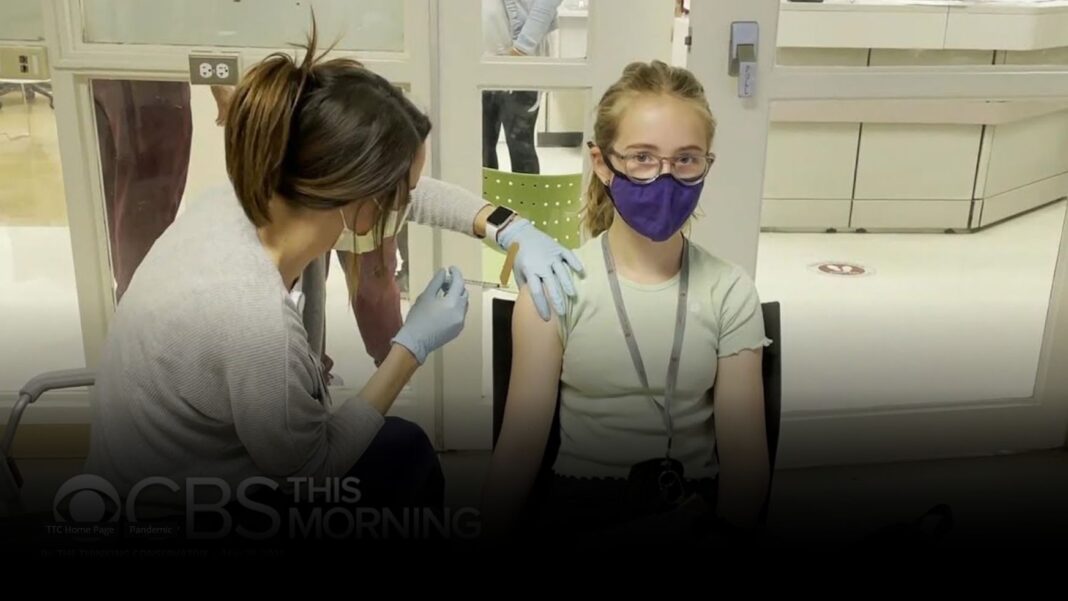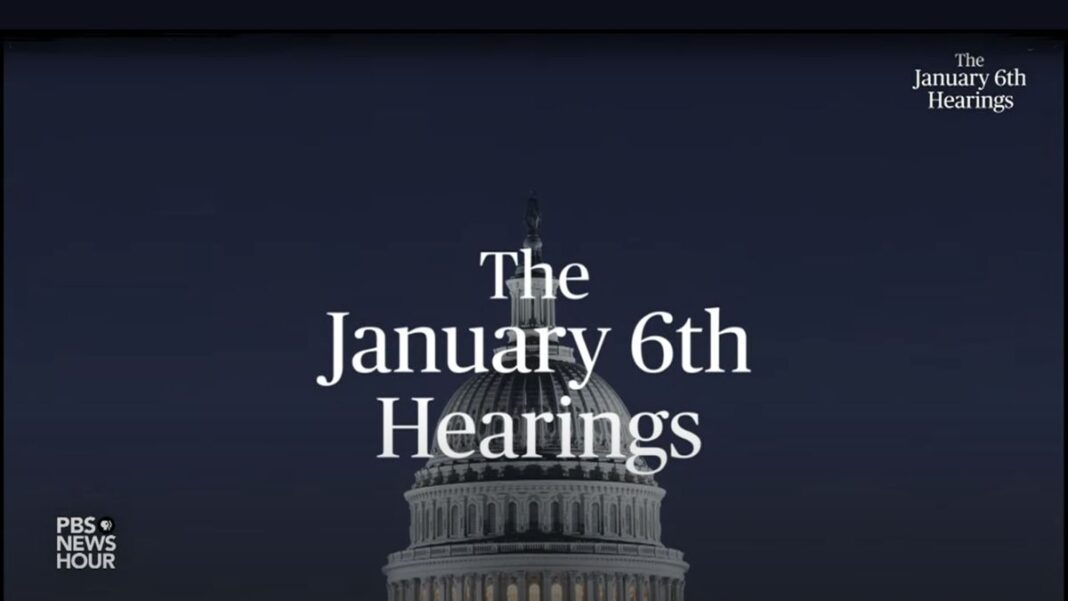A 6-year-old received a COVID-19 vaccine after the boy’s parents said they did not want him vaccinated.
A school that injected a minor with a COVID-19 vaccine despite the boy’s parents telling school officials they did not want him to receive a COVID-19 vaccine is immune under federal law, the Vermont Supreme Court has ruled.
The Federal Public Readiness and Emergency Preparedness Act (PREP Act) protects state and school officials who were named as defendants in a lawsuit brought by the minor’s parents, justices said in a July 26 decision.
“We conclude that when the federal PREP Act immunizes a defendant, the PREP Act bars all state-law claims against that defendant as a matter of law,” Justice Karen Carroll said.
The PREP Act, signed in 2005, grants immunity to administrators of covered vaccines except in cases involving willful misconduct. COVID-19 vaccines are covered because of a 2020 declaration, extended multiple times thereafter, by the U.S. health secretary.
Dario and Shujen Politella sued officials after their son was injected with a Pfizer-BioNTech COVID-19 shot in 2021 at the Academy School in the Windham Southeast School District. Before the school hosted a vaccine clinic, district and state officials confirmed that students needed parental consent to receive a vaccine, and the boy’s parents said they did not consent. Just days before holding the clinic, Mr. Politella emphasized to the school’s assistant principal that the parents did not want the boy to receive a shot.
The boy was removed from class on the day of the clinic and labeled as another child, who had already been vaccinated. The boy told workers his father said not to give him a vaccine, but they distracted him with a stuffed animal and gave him a shot, according to court documents.
The Vermont Superior Court dismissed the suit from the parents, finding that they needed to bring litigation in federal court under the PREP Act’s immunity exemption.
Lawyers for the parents, though, argued that officials did not show that the PREP Act covered their actions and that the case should play out in state court according to state laws. In a brief to Vermont justices, they pointed to other cases in which that has happened.







